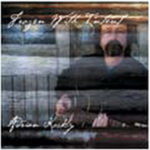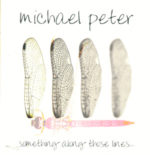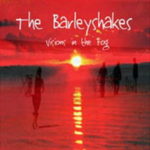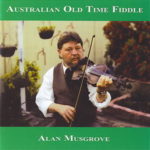Description
AKASA is pronounced Akasha and means – Cavity of the Heart/Ether, that which fills everything.
“Finally a full-length, well recorded and mastered CD with a nice CD booklet, including the words and proper information, from this polished and hard-working female a cappella quartet, supported by tasteful percussion. Great original songs (except two trad. items from NZ and Africa) from Melanie Shanahan, Vicki King, Mihi Rangi and Heidi Bradburn covering worthy and interesting topics.”
Review by Dieter Bajzek.
About the artist: Vocal harmony and dynamic percussion create the sound that is Akasa. This group from Melbourne perform passionate and rhythmic songs combining song-writing and musical ability to create a sound that is truly distinctive. Influenced by the sounds, politics, and cultural movements from across the world, Akasa’s music is immediate, relevant and empowering.
CD review by Chris Spencer
Akasa were an all female a cappella group, formed in 1998, consisting of 4 vocalists.
World Citizen is their second release.
Their first release was a self titled EP.
From what I can find out, they have not recorded since their later album, Views from the Urban Jungle.
There have been several line-up changes over that time, with Diana Clark, Vicki King and Andrea Watson being constant throughout that time, although both Watson and Clark left for a period, during which this album was recorded.
They were replaced by Mihi Rangi, who left shortly after this album was recorded, and Heidi Bradburn.
Founding member, Melanie Shanahan, died in late 2003.
However, her legacy lives on as the group continued to sing and record her compositions.
Aside frm the sophisticated harmonies, the group sings songs of social justice, world sounds (particularly Maori music introduced to the group by Rangi), and politics.
The album kicks off with the title track, on which Mihi takes the main vocal.
Each member has a ‘turn’ at singing solo or lead throughout the album.
With the title “Divorced”, track 2 could be construed to be about relationships, but it’s about being divorced or separated from nature.
“Ee Woyi A” on the surface could be a foreign song, but its a montage of sound written by Shanahan, upon which Vicki’s voice soars towards the end.
“Human Zoo”, written by Scott Lewington, tells of how communities are displaced when progress tramples over human rights.
“Pin Ye Bo” is sung in Ghanan language – don’t worry there’s a very short English translation!
“Rereahu” is a Maori song.
“Drifting” is quiet, almost whispered.
The didjeridoo, played by Ganga Giri, under pins “Singing the Land”.
The album finishes with the rousing “Power of the People” which encourages people involvement in improvement of their interaction with the environment and food production.
Over the album, the use of percussion is extensive; percussive instruments include triangle, shaker, bells, caxixi, cabassa, surdo, clap sticks, djembe and congas.
On “Human Zoo”, ‘vocal’ percussions are employed – with guest Scott Lewington adding his voice instead of his quinto, which is featured on “Pin Ye Bo”.
The album is well produced by Siri Metsar, allowing all the voices not to be overwhelmed by the undercurrent of percussion.
Recommended for those readers who enjoy choirs, or a’cappella with a bit of bite.




